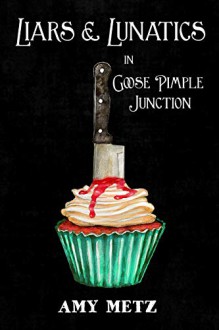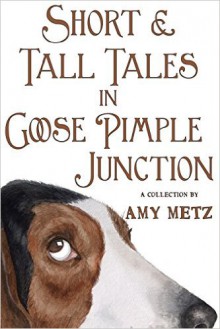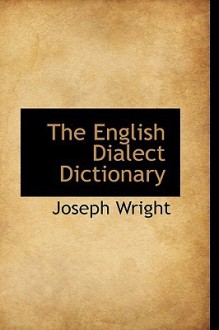
The author provided me with an ARC copy of this book that I freely chose to review. This in no way influenced my opinion.
I have read and enjoyed some of the books in the collection, but I somehow missed number 4, and that, perhaps helps me tailor my comment also towards readers who might be considering reading this book without having checked the rest. Yes, the story is self-contained, although there are references to events that have taken place in previous books, and a lot of the characters will be familiar to those following the series, who will be in a better position to understand the background to some of the interactions and also the web of relationships and the ins and outs of life at Goose Pimple Junction. And yes, in case you’re wondering, I love the name of the place! So, regarding the issue of reading it as a standalone, I’d say one does not need to have read all the books in the series to enjoy it, but because some of the characters have names and nicknames (witty and funny, I admit), and their relationships are not always evident, it might get a bit confusing to follow the story if you are totally new to it. On the other hand, as I said, I had missed one of the books, and I could pick up the narrative without any problem. I am convinced, though, that reading them all in order enhances the experience, and it’s like visiting a familiar place where you always have fun and renew old friendships every time you go.
The way the story is told is quite interesting, and it adds to the mystery. We start with a murder (a new character, Virgil, who is in the race to become the mayor of the town, is murdered in mysterious circumstances), a confession, and then we go back to several months before the event, counting back to the time of the crime, and then moving forward with the investigation. It works well, because we keep mulling over in our minds how everything we read might relate to the crime (and there are other suspicious deaths as well), and this results in plenty of red herrings, more and more suspects and plenty of possible motives (Virgil is far from a nice man, as we discover. In fact, he is a narcissist who treats women badly, and his business practices and politics aren’t much better either). Although told in third person, the narration follows the points of views of several of the characters, without ever giving us an advantage when it comes to solving the mystery. We might think we know what has happened, and we are privy to some information the sheriff department don’t have, but things are, of course, not as straightforward as they seem to be.
As the mystery part of the plot advances, we also get to learn more about some new arrivals to the town (not totally new, but I’ll avoid spoilers), and also catch up on what has happened to those inhabitants we have come to know and cherish. There are romances developing, a new cupcake shop (if you’re on a diet, I’d take care with the book, as there are many reference to Killer Cupcakes, both the shop and the actual items), there are shady business deals (moonshine liquor, buying land with coercion and under false pretences), there is Oktoberfest to spice up things and bring in the party atmosphere (the fancy dresses, mostly wordplay related, bring in plenty of chuckles), and the ending is very satisfying, and it hints at even better times to come for Goose Pimple Junction. (Yes, I want to move there, or at least go for a very long holiday).
The story flows well, moves at good pace, and the combination of the mystery aspects with the lives of the characters is seamless. I highlighted so many parts of the dialogue, funny repartees, and quotes, that I was unable to choose just a few to add to this review, so my recommendation is to check a sample of the book if you’re trying to decide if you’ll enjoy it or not. I wonder if a list of characters, with their names, nicknames, and relationships might serve as a memory aid for readers visiting the town again, and might also assist readers totally new to the series.
The Southern-style sayings and the dialect of the region (Tennessee), the peculiar lingo and expressions of some of the townspeople, the new characters (I liked Daisy, but her mother, Kaye, must be my favourite new addition), and the quotes at the beginning of the chapter (all about lying and liars), give this book its unique flavour, and people who’ve read previous books in the series and loved them, will have a blast with this one.
I recommend this book to lovers of cozy mysteries, especially those who enjoy stories set in the Southern part of the USA and prefer their crimes laced with plenty of humour, wit, and local flavour. I think the novel works better as part of the series, and I’d recommend people who like the sound of it to start at the beginning, with Murder and Mayhem in Goose Pimple Junction. I hope to keep on visiting the town in the future, that is, if I don’t manage to move there!

 Log in with Facebook
Log in with Facebook 









